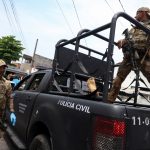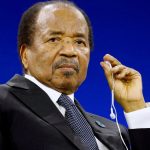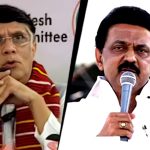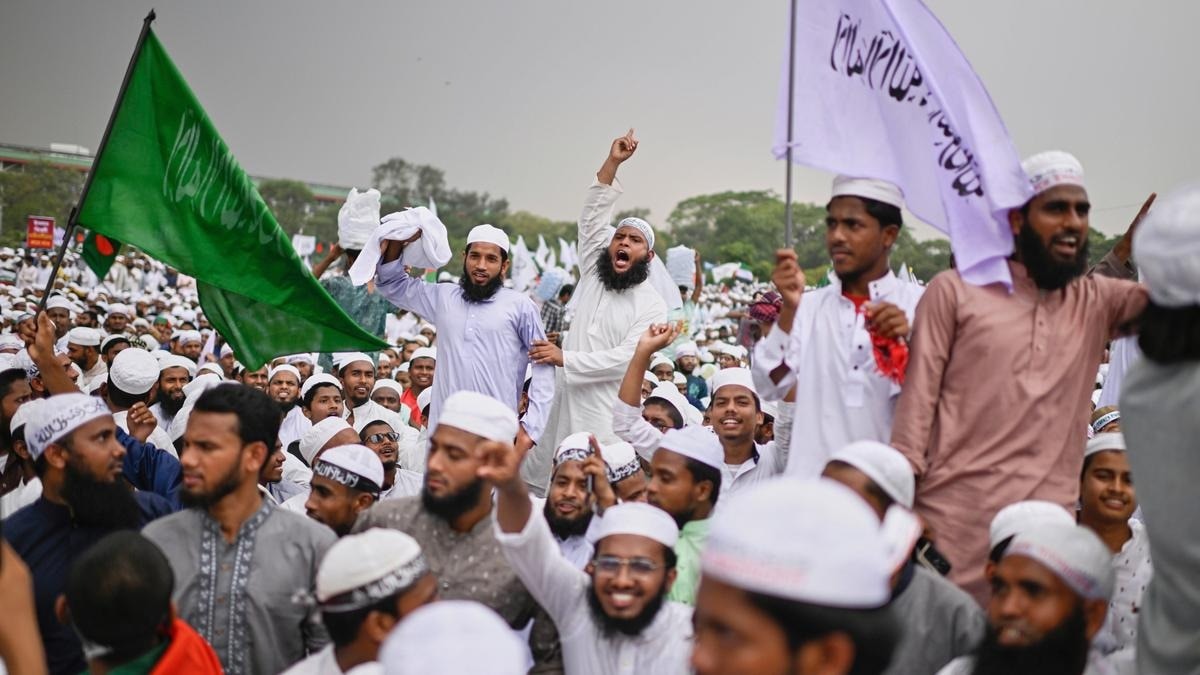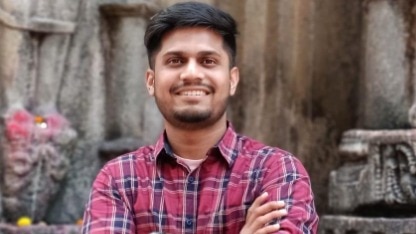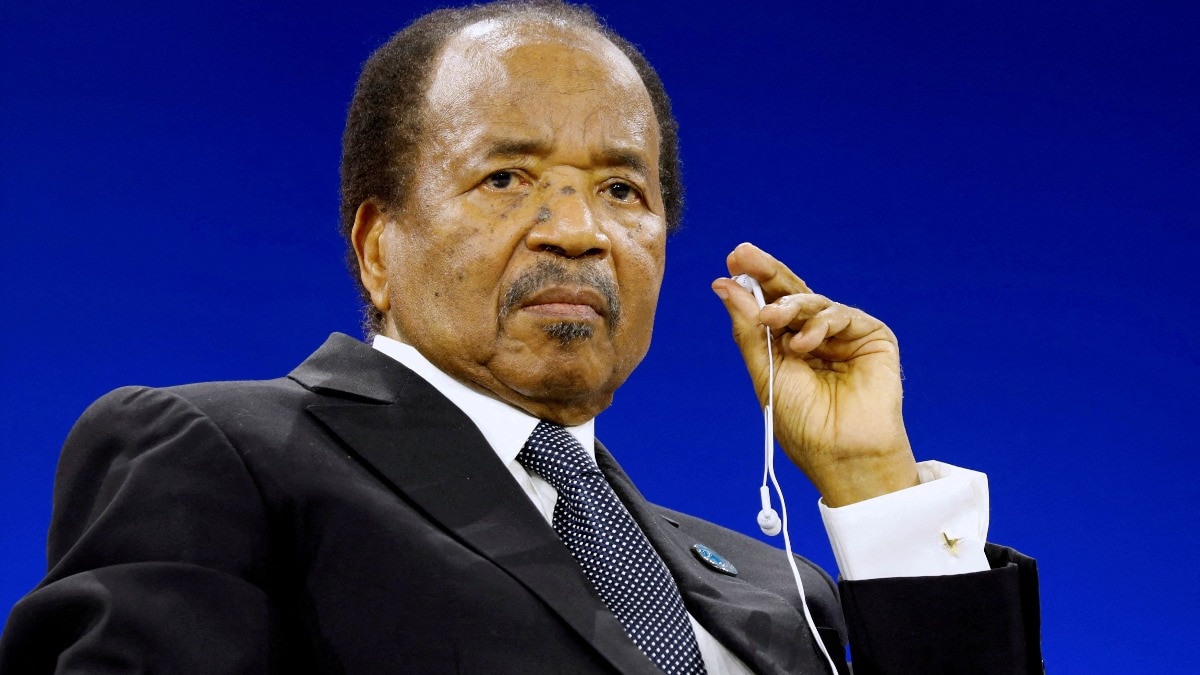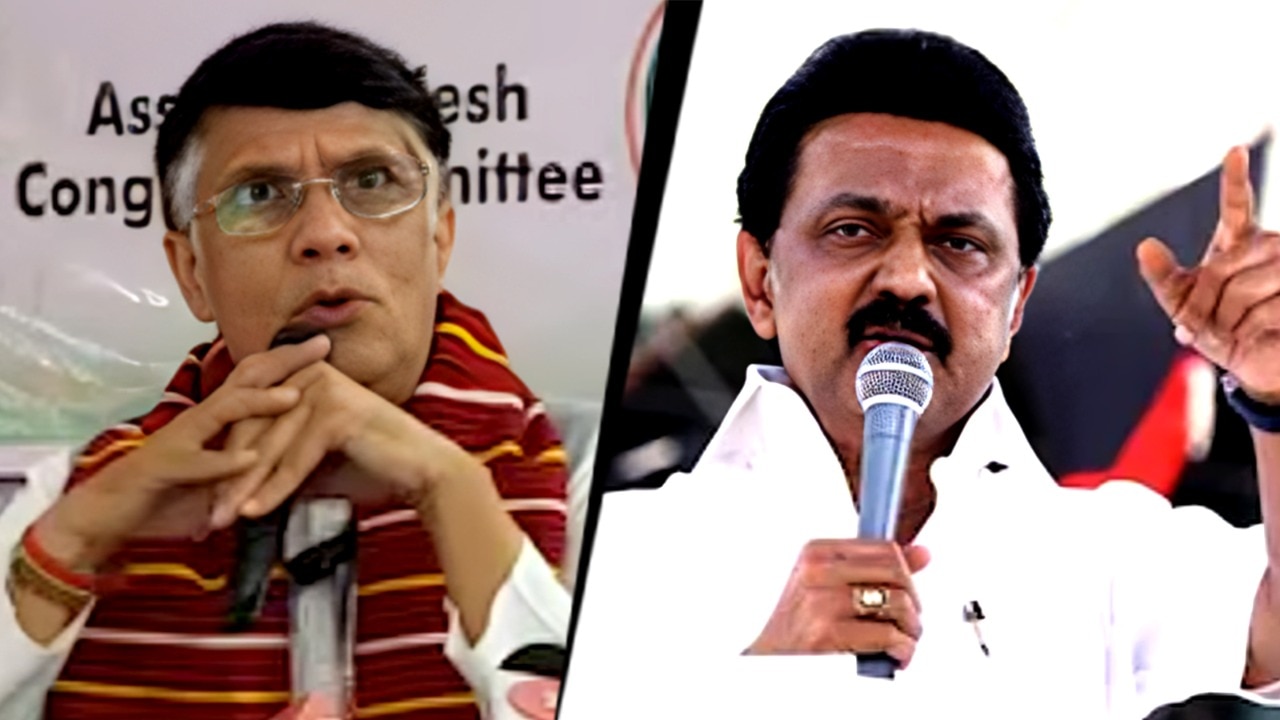After the Jummah prayers on Friday, the streets of major Bangladeshi cities, including Dhaka and the country’s second-largest city, Chattogram, witnessed large Islamist gatherings. Hardliners from radical outfits such as Hefazat-e-Islam and Intifada Bangladesh were in attendance, and demanded a ban on the International Society for Krishna Consciousness (ISKCON), which they described as an “extremist Hindutva organisation”.
The demand comes amid a High Court plea, where Bangladesh’s interim set-up led by Muhammad Yunus described the ISKCON as a “religious fundamentalist organisation” in response to a writ petition seeking its ban. The backdrop also includes attacks on Hindu temples and ISKCON centres in Bangladesh, as well as the imprisonment of Krishna Das Prabhu, a former ISKCON member who was advocating better treatment of minorities in Bangladesh, following the fall of the Sheikh Hasina government in August 2024.
In Bangladesh, while Muhammad Yunus dismisses reports of murders and sexual assault of people from the minority communities as media-fabricated political narratives, post-Hasina Dhaka has gravitated toward Islamabad, with Islamist groups spreading their wings under the visible protection of the state.
MASSIVE RALLIES HELD IN DHAKA AND CHATTOGRAM SEEKING BAN ON ISKCON
On Friday, the Intifada Bangladesh outlined six demands during the gathering outside Dhaka’s Baitul Mukarram National Mosque.
One of the demands the Intifada put forward was that of a ban on ISKCON and initiating investigations and legal action against the group.
Anti-Indian terrorist and chief of the al-Qaida-affiliated Ansarullah Bangla Team (ABT), Jasimuddin Rahmani, said, “ISKCON is not a Hindu organisation. It is an extremist organisation created by Jews,” according to a report in Dhaka-based Bangla daily, Desh Rupantor.
“They are committing one crime after another. Banning ISKCON is the demand of the hour,” said terrorist Rahmani, who was released by Yunus’ regime days after it came to power in August 2024.
Ahmed Rafique, a member of Intifada Bangladesh, said, “When an imam spoke out against ISKCON, he was abducted, tied in chains, and beaten. Yet the state remains silent, allowing perpetrators to evade justice…”
He added, the authorities are more concerned about what the West, America, leftists, or foreign embassies will say than about what “Allah will say,” Rafiq said in Dhaka.
In Chattogram, Hefazat-e-Islam, Bangladesh staged a rally after Jummah prayers at the north gate of Anderkilla Shahi Jame Mosque, and demanded a “ban on ISKCON”.
“Just as the Awami League has been banned for involvement in crimes, and senior army officers have been brought under trial for wrongdoing, Iskcon as an extremist organisation must also be brought under the law,” an unknown speaker at the Chattogram rally was quoted as saying by the Dhaka-based Business Standard.
“We call on the government to immediately declare this terrorist organisation banned. Banning Iskcon is the only way to preserve peace and communal harmony in the country,” the speaker added.
The central joint secretary general and Hathazari Madrasa Muhaddis, Ashraf Ali Nizampuri, addressing another gathering in Hathazari of Chattogram District, alleged, “In this country, the extremist Hindutva ISKCON acts as an agent of India, engaged in subversive activities against Muslims”.
He further claimed that ISKCON has “built one establishment after another across the country in the name of temples, following Israeli methods, and has oppressed weaker Sanatan community members. By using the influence of a neighbouring state’s high commission, ISKCON has managed to secure support from sections of the administration, bureaucracy, and intelligence agencies to continue its Hindutva activities.”
ISKCON FACING HEAT IN BANGLADESH AFTER HASINA’S FALL
The protests come in the wake of heightened scrutiny of ISKCON in Bangladesh following the fall of the Hasina government in August 2024.
Several ISKCON temples and centres were vandalised, and Krishna Das Prabhu, a prominent leader of Hindus in Bangladesh remains imprisoned.
According to the Islamists demanding the ban, the outfit had been booked for “land grabbing, money laundering, and involvement in extremist activities”.
Earlier in January, the Bangladesh Financial Intelligence Unit (BFIU) had frozen the bank accounts of 17 Iskcon members, including former leader Chinmoy Krishna Das Brahmachari, over money laundering allegations.
Contrary to what the Islamists claim, ISKCON has been a beacon of selfless service in Bangladesh since the 1970s. Its Food for Life program fed millions across faiths in the aftermath of the Liberation War in 1971 and recurring floods. It has also established numerous schools to promote education for underprivileged children regardless of religion, alongside orphanages. In addition, ISKCON runs old-age homes, and organises free medical camp.
The persecution of ISKCON, alongside attacks on Hindu and other minorities in Bangladesh, and now the calls to ban the organisation, show the growing Islamist influence over the country’s political affairs, and how these groups increasingly sway decisions of the Yunus government, even as the latter remains dismissive of such concerns.
– Ends


